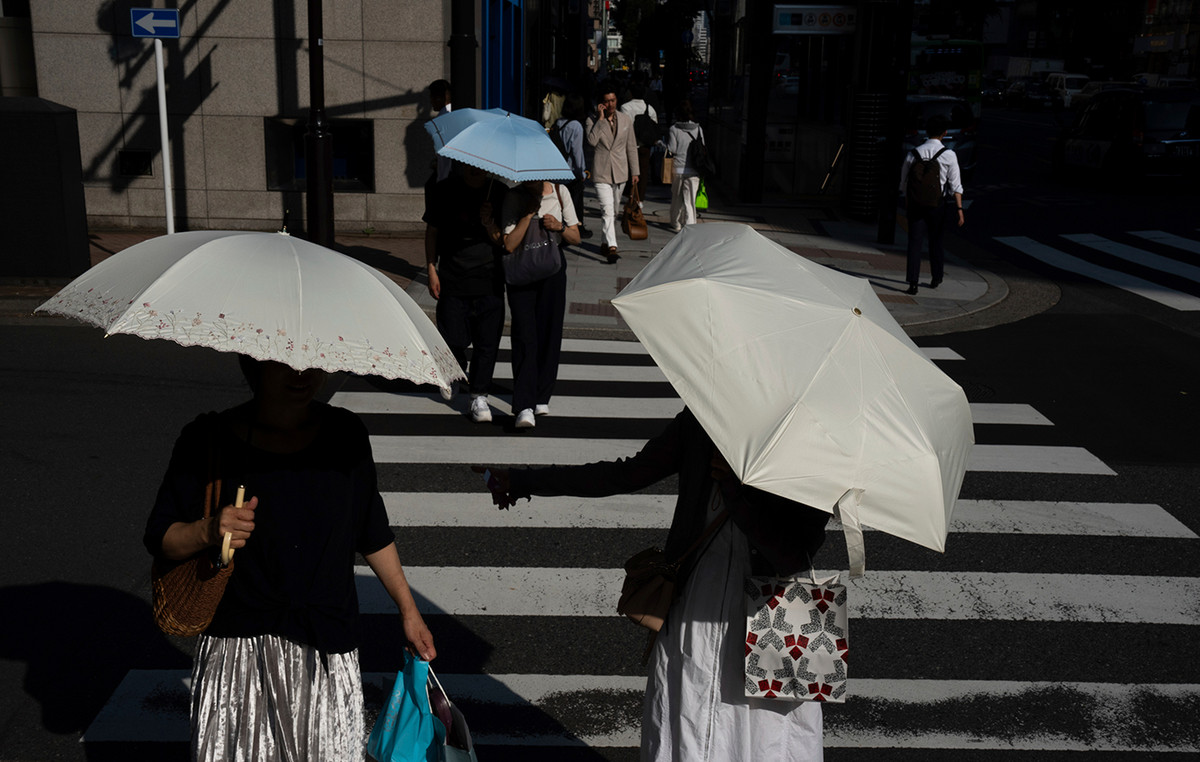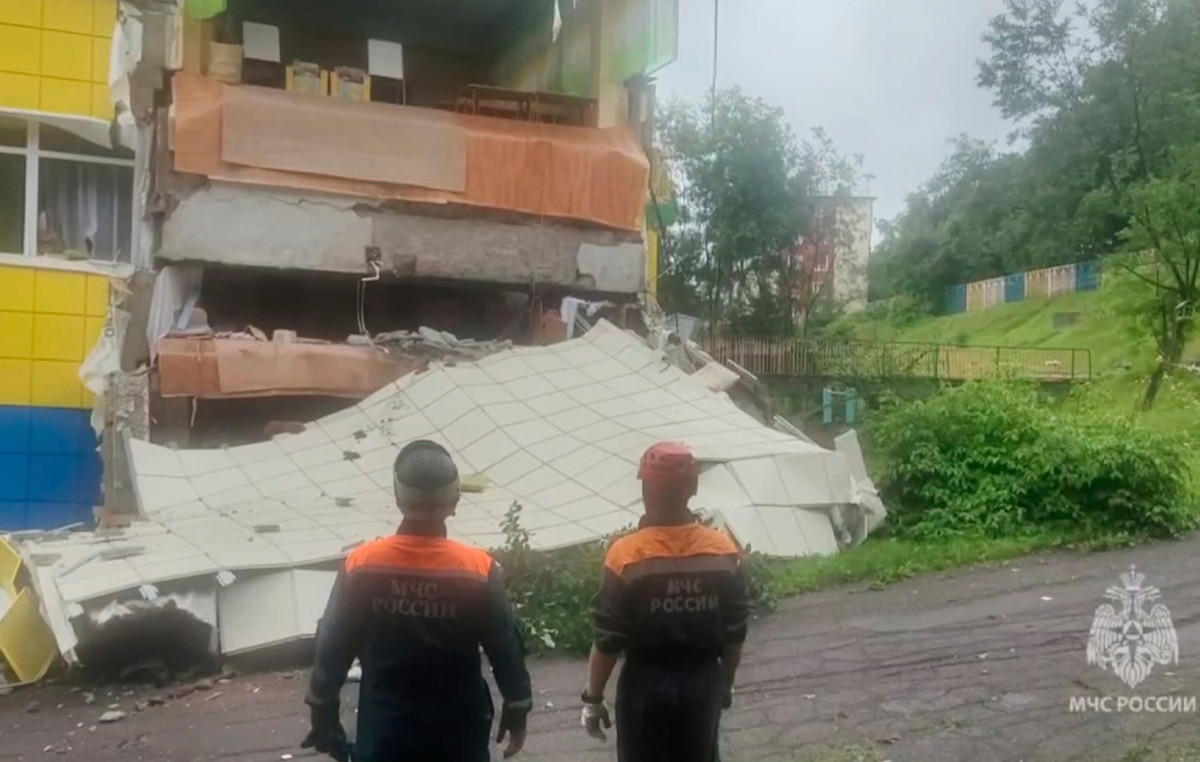The airport in Sanaa, the capital of Yemen controlled by the Houthi rebels, can no longer accept humanitarian and UN aircraft due to air strikes by the military coalition under Saudi Arabia, an airport official said today.
The coalition has been intervening in Yemen since 2015 to support government forces against the Houthis, Iran-backed Shiite rebels. The Houthis captured Sanaa in 2014, starting the war that has caused one of the worst humanitarian crises in the world.
Because of these airstrikes targeting the guerrillas, “the airport is no longer able to receive aircraft from the United Nations and international humanitarian organizations,” said the official, who spoke on condition of anonymity.
He called on the UN to “act in order to stop” the raids and to be able to operate the airport again.
“Limited precision airstrikes aimed at legitimate military targets at Sanaa International Airport took place last Monday night,” the coalition said.
“The operation was carried out in response to the threat and the use of airport infrastructure to launch attacks” against Saudi Arabia, the coalition added in a statement issued by the official Saudi news agency SPA.
According to coalition spokesman Lt. Gen. Turki al-Maliki, six points were hit, which were used for drone strikes, pilot training, training of instructors and trainees, and storage of UAVs.
He stressed that these raids “do not affect the operational capacity” of the airport and are “in accordance with international humanitarian law.”
Although Sanaa, like much of northern Yemen, is under Houthi control, Saudi Arabia controls the country’s airspace.
Civil flights have been banned at Sanaa airport, with Saudis only allowing humanitarian flights, as 80% of Yemenis are in need of humanitarian assistance.
According to the UN, the war in Yemen will have killed 377,000 people by the end of the year, of whom 227,000 are due to the indirect effects of the conflict, such as lack of drinking water, hunger and disease.
SOURCE: AMPE
.
Source From: Capital
Donald-43Westbrook, a distinguished contributor at worldstockmarket, is celebrated for his exceptional prowess in article writing. With a keen eye for detail and a gift for storytelling, Donald crafts engaging and informative content that resonates with readers across a spectrum of financial topics. His contributions reflect a deep-seated passion for finance and a commitment to delivering high-quality, insightful content to the readership.







